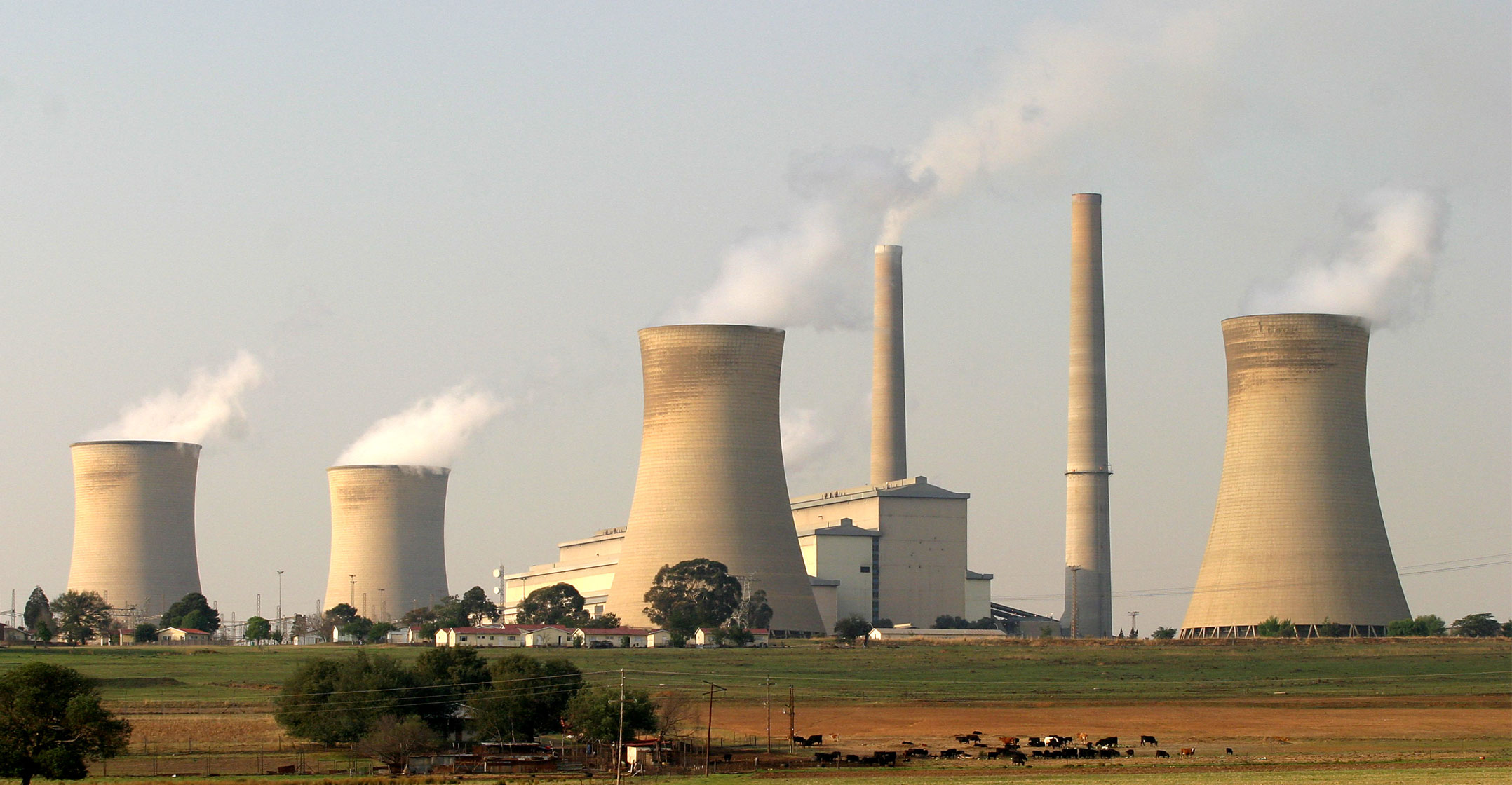 Power shortages cost South Africa as much as R118-billion last year, a drain on the economy that’s set to continue for two to three years unless urgent action is taken, a new study has found.
Power shortages cost South Africa as much as R118-billion last year, a drain on the economy that’s set to continue for two to three years unless urgent action is taken, a new study has found.
The outages were instituted by Eskom, which supplies the bulk of the nation’s power yet has battled to meet demand from its old and poorly maintained plants and defective new ones. Turning the utility around had been a key challenge for President Cyril Ramaphosa’s administration, which is struggling to revive the economy, attract investment and tackle a 29% unemployment rate.
There were 1 352GWh of power cuts last year, the most on record, and the estimated economic impact ranged from R59-billion R118-billion, the Council for Scientific and Industrial Research, a state research institution, said in a report. Energy shortages have probably cost the country R6-billion to R12-billion so far this year, with 143GWh of cuts, it said.
The International Monetary Fund and the World Bank both expect South Africa’s economy to expand less than 1% this year, mainly due to the electricity crisis.
While it’s beyond doubt that growth would be higher without the power cuts, it’s impossible to accurately assess the overall impact on the economy, especially when it comes to the deterrent effect on investment, according to Peter Worthington, senior economist at Absa.
Azar Jammine, chief economist at Econometrix, a Johannesburg-based advisory service, has calculated that if 2GW of power generation capacity was cut from the grid for a week, it would shave about 0.1% from the R5-trillion economy. Power cuts reached an unprecedented 6GW at the end of last year. — Reported by Paul Burkhardt, with assistance from Prinesha Naidoo, (c) 2020 Bloomberg LP




